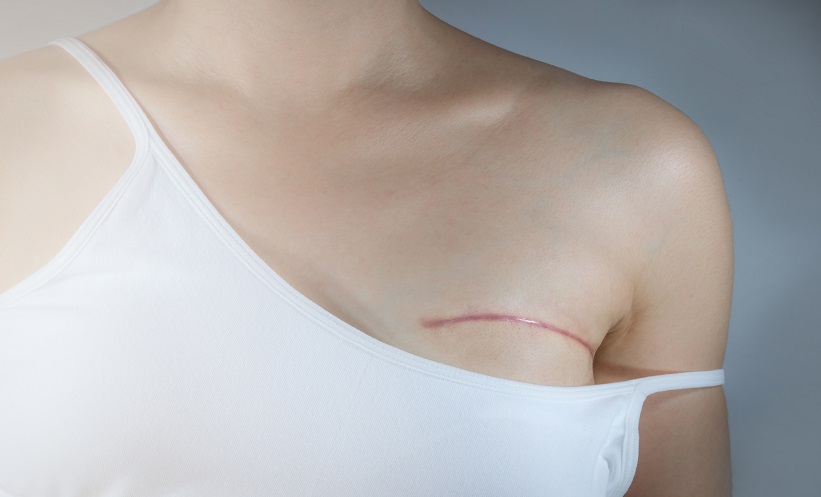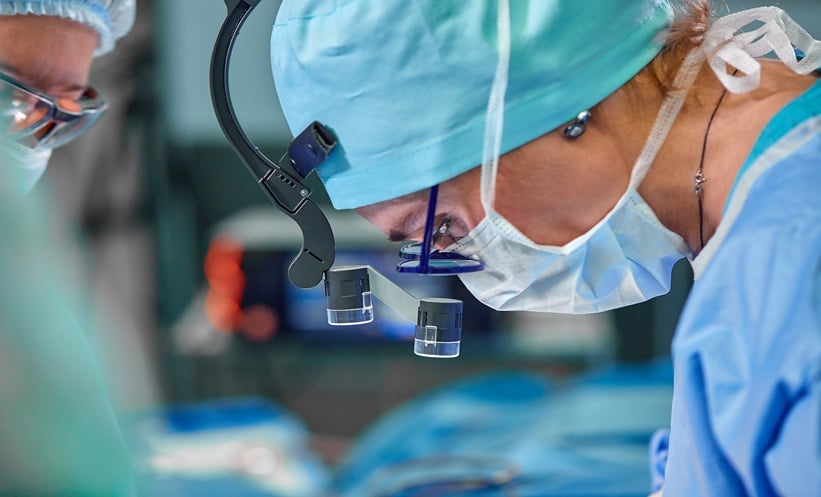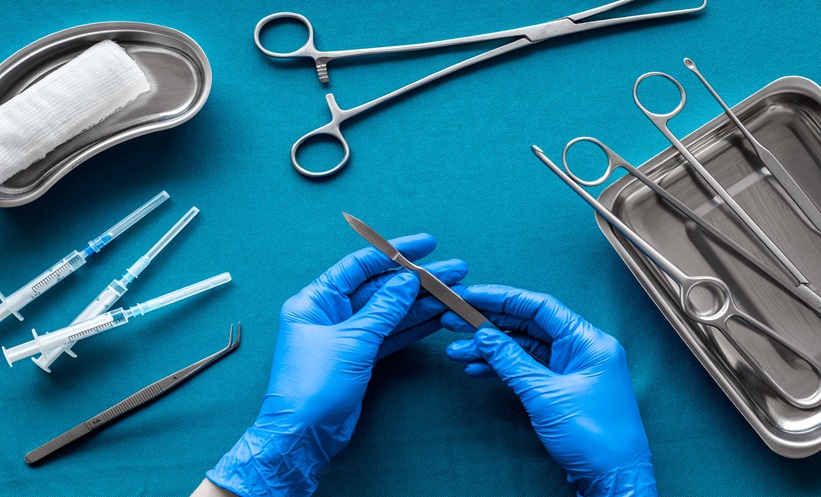A new study has found that delaying surgery after a breast cancer diagnosis significantly increases the risk of breast cancer-specific mortality (BCSM), particularly for certain subtypes. The findings support the recent introduction of a new Commission on Cancer quality measure recommending surgery within 60 days of diagnosis for patients not receiving neoadjuvant therapy.
The retrospective cohort study analysed data from the SEER-Medicare database for patients with loco-regional breast cancer who underwent surgery as their first treatment between 2010 and 2017. Researchers examined whether the impact of delayed surgery varied by breast cancer subtype: hormone receptor-positive/HER2-negative (HR+/HER2−), HER2-positive (HER2+), and triple-negative (HR−/HER2−).
Using competing-risk regression models, the study found that BCSM risk increased with longer time to surgery (TTS) across all subtypes, though the pattern varied. HR+/HER2− patients showed the most pronounced risk increase, with hazard ratios rising sharply after 42 days. At 60 days, the adjusted subdistribution hazard ratio (sHR) was 1.21, rising to 2.83 by 120 days.
In contrast, HER2+ and HR−/HER2− subtypes demonstrated slower, more linear increases in risk. Notably, the rise in BCSM risk among HR−/HER2− patients was not statistically significant.
These findings underline the critical importance of timely surgical intervention, particularly for HR+/HER2− patients. The study emphasises the need for tailored timelines based on tumour biology, reinforcing the new quality measure as a potentially life-saving benchmark in breast cancer care.
Reference
Salewon ML et al. Surgical delay-associated mortality risk varies by subtype in loco-regional breast cancer patients in SEER-Medicare. Breast Cancer Res. 2024 Dec 30;26(1):191.








